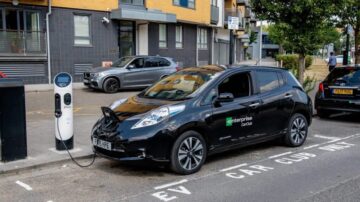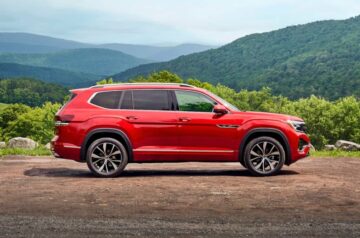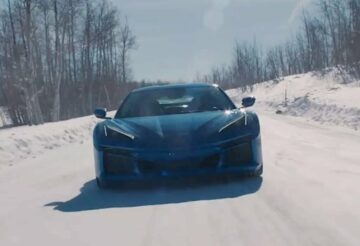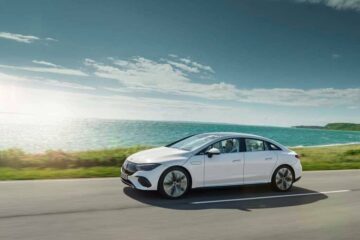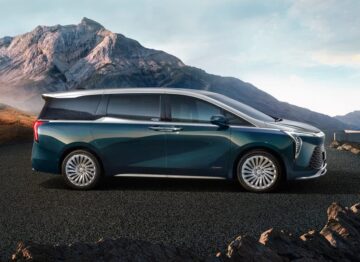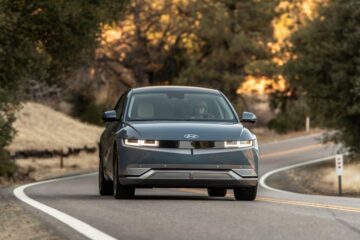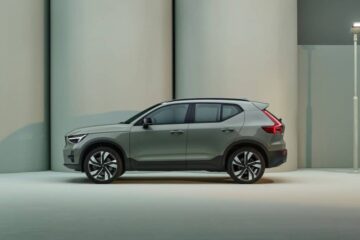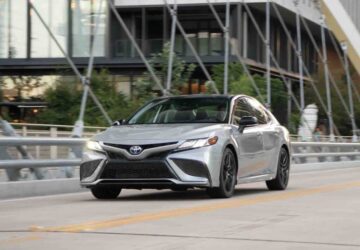In the race to develop EV batteries, increased range and longevity of the battery cells is the holy grail. Gotion High-Tech Co. of China has announced a new battery chemistry that they say will advance both values.
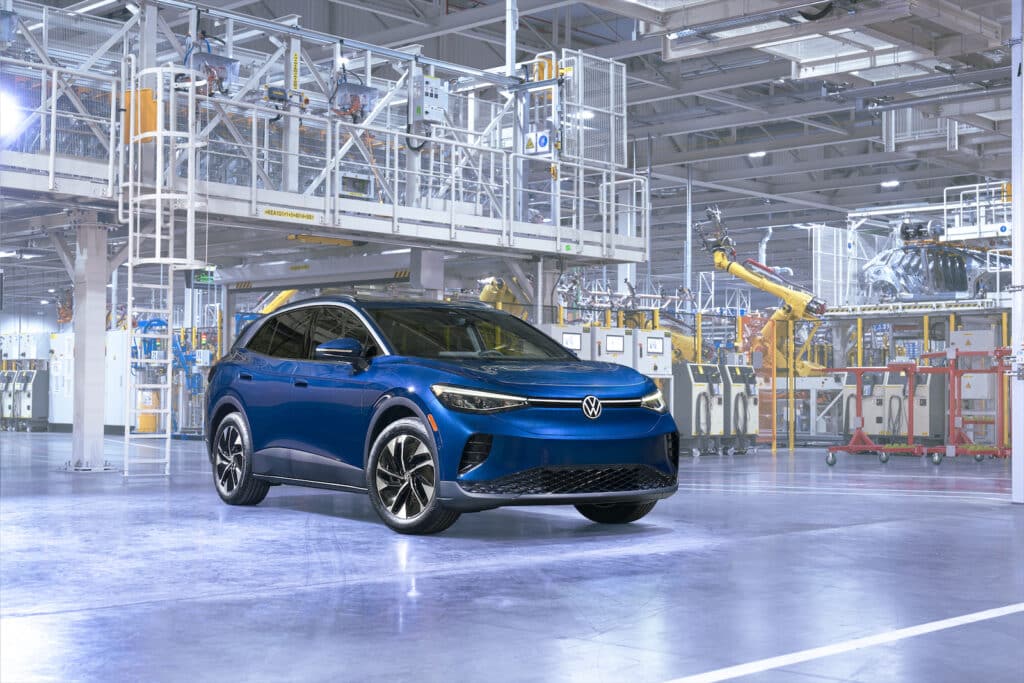
The company has developed a lithium-iron-manganese-phosphate (LMFP) battery that they say can provide enough electricity for more than 600 miles per charge, and over 1 million miles worth of recharges.
“It’s a leap for energy density,” according to Cheng Qian, executive president of Gotion’s international business unit, as reported by Automotive News. Cheng went on to say that the LMFP battery will also offer very fast charging, potentially as quickly as 15-20 minutes.
“You can have a cup of coffee and rest at the charging station, and the battery will be charged from 10% to 80% within 18 minutes using the step charging,” Cheng said to Automotive News.
Lithium-Iron-Manganese-Phosphate chemistry
The new battery design is a mixture of lithium iron phosphate and lithium manganese phosphate, and it has the same physical structure as lithium iron phosphate.
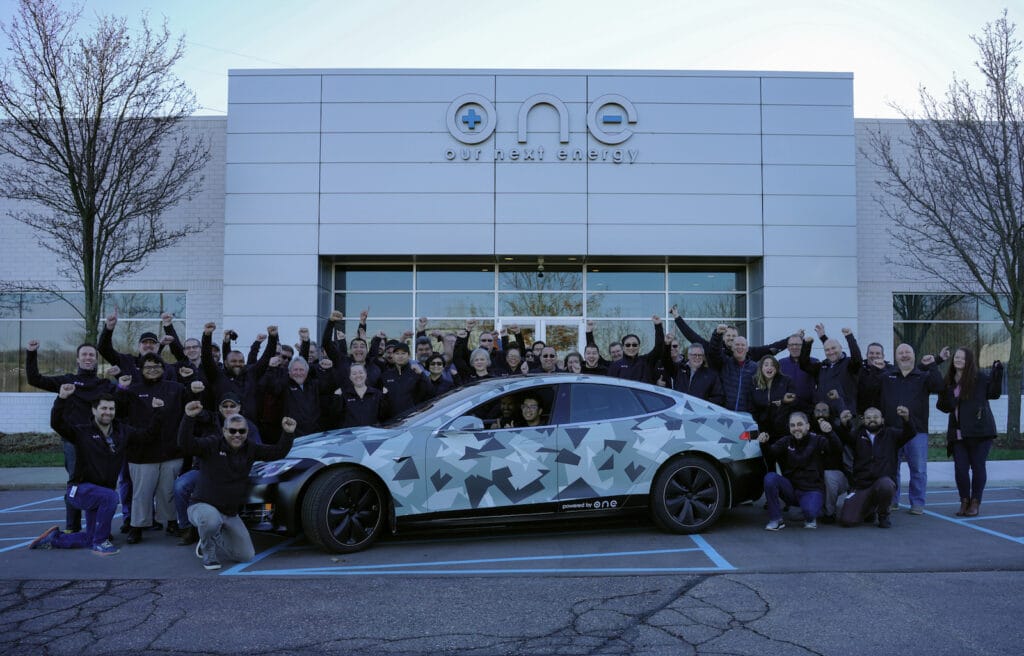
Several companies have been researching this chemistry, and it promises increased performance without greatly increased manufacturing costs. Because manganese ore is readily available around the world, the cost of lithium iron manganese phosphate is only about 5%-10% higher than that of lithium iron phosphate. The new battery makeup avoids the use of cobalt, which is subject to supply chain constraints.
In general, LMFP offers the same advantages of lithium iron phosphate, including low cost, high safety performance, high thermal stability, no self-ignition due to punctures and overcharging, long cycle life, and reduces risk of fire and explosion. LMFP also offers better low-temperature performance.
However, there’s always a tradeoff. Manganese tends to dissolve with repeated charge cycles, leading to a shorter cell life and steadily decreasing charge and discharge performance. It is that tendency that must be overcome to make LMFP viable, and Gotion claims to have done it. Gotion said its battery tech, named “Astroinno” is not subject to the downsides of Manganese.
According to Gotion, LFP batteries offer up to 190Wh/kg (Watt-hours per Kilogram) and the company states that their new LMFP battery could achieve 240Wh/kg for up to 4,000 charge cycles.
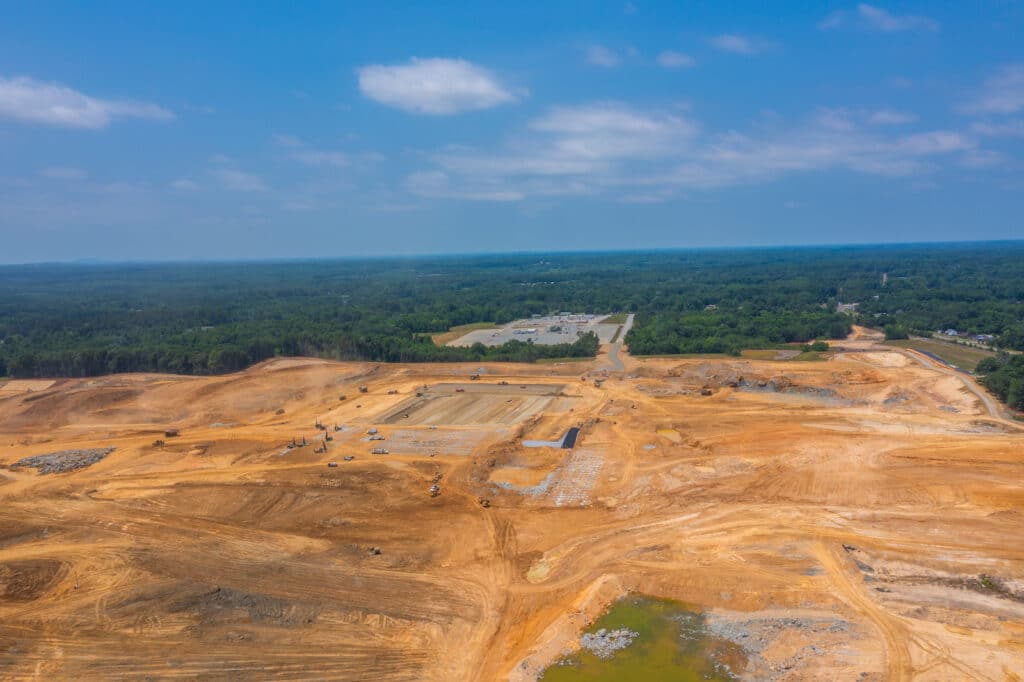
Made in the USA?
While Gotion is a Chinese company, it lists Volkswagen Group among its major investors and it has revealed plans to build a battery factory in Michigan. Provisions in the recently passed Inflation Reduction Act creating tax credit requirements to use American-made batteries are making U.S. locations more attractive. According to a Reuters report, Gotion’s $2.36 billion plant will create 2,350 jobs in Big Rapids, Michigan. The facility is expected to produce up to 150,000 tons of cathode material and 50,000 tons of anode material a year.
Gotion Global issued a statement saying the company is, “dedicated to bringing world class lithium battery production to North America and delivering high-quality products to our customers in a timely fashion.”
Gotion officials have said LMFP batteries might be in mass production as soon as the second quarter next year. The LMFP batteries will first be manufactured in two plants in China’s Anhui province, but the Michigan factory would be able to produce the same materials.
The Detroit Bureau has also reported on Our Next Energy Inc., which is also working to develop LMFP battery technology in Michigan. The company, with funding from BMW, has achieved over 750 miles of range on a Tesla Model S equipped with its LMFP prototypes. ONE has stated that its Michigan factory is the first step in developing North American material supply chains to commercialize LMFP technologies.
- SEO Powered Content & PR Distribution. Get Amplified Today.
- EVM Finance. Unified Interface for Decentralized Finance. Access Here.
- Quantum Media Group. IR/PR Amplified. Access Here.
- PlatoAiStream. Web3 Data Intelligence. Knowledge Amplified. Access Here.
- Source: https://www.thedetroitbureau.com/2023/06/new-battery-chemistry-promises-increased-range-cell-life/
- :has
- :is
- :not
- $UP
- 000
- 1
- 50
- a
- Able
- About
- According
- Achieve
- achieved
- Act
- advance
- advantages
- After
- also
- always
- america
- American
- among
- and
- announced
- ARE
- around
- AS
- At
- automotive
- available
- batteries
- battery
- battery production
- BE
- because
- been
- Better
- Big
- Billion
- BMW
- both
- Bringing
- build
- Bureau
- business
- but
- by
- CAN
- celebrate
- Celebration
- cell
- Cells
- chain
- chains
- charge
- charged
- charging
- chemistry
- Cheng
- China
- Chinas
- chinese
- claims
- class
- CO
- Coffee
- commercialize
- Companies
- company
- constraints
- Cost
- Costs
- could
- create
- Creating
- credit
- Cup
- Customers
- cutting
- cycle
- cycles
- delivering
- density
- Design
- develop
- developed
- developing
- done
- down
- downsides
- due
- electricity
- energy
- energy density
- enough
- equipped
- EV
- EV batteries
- executive
- expected
- explosion
- Facility
- factory
- Fashion
- FAST
- Fire
- First
- For
- from
- funding
- Gemini
- General
- Global
- Grail
- greatly
- Group
- Have
- High
- high-quality
- higher
- HTTPS
- ID
- in
- Including
- increased
- inflation
- International
- international business
- Investors
- Issued
- IT
- ITS
- Jobs
- jpg
- Kicks
- leading
- Leap
- Life
- Lists
- lithium
- locations
- Long
- longevity
- Low
- major
- make
- makeup
- manufactured
- manufacturing
- Mass
- material
- materials
- max-width
- Michigan
- might
- million
- minutes
- mixture
- model
- more
- must
- Named
- New
- news
- next
- no
- North
- north america
- of
- off
- offer
- offering
- Offers
- officials
- on
- ONE
- only
- or
- our
- over
- Overcome
- passed
- performance
- physical
- plants
- plato
- Plato Data Intelligence
- PlatoData
- Plenty
- potentially
- president
- produce
- Production
- Products
- promise
- promises
- prototypes
- provide
- Quarter
- quickly
- Race
- range
- recently
- reduces
- reduction
- repeated
- report
- Reported
- Requirements
- REST
- Reuters
- Reuters Report
- Risk
- s
- Safety
- Said
- same
- say
- saying
- Second
- second quarter
- setting
- single
- site
- Soon
- Stability
- startup
- stated
- Statement
- States
- station
- Step
- structure
- subject
- supply
- supply chain
- Supply chains
- tax
- tax credit
- tech
- Technologies
- Technology
- terms
- Tesla
- test
- than
- that
- The
- the world
- their
- thermal
- they
- this
- times
- to
- tons
- toyota
- traveled
- two
- u.s.
- unique
- unit
- USA
- use
- using
- Values
- very
- viable
- volkswagen
- Volkswagen Group
- vw
- went
- which
- will
- with
- within
- without
- working
- world
- worth
- would
- year
- zephyrnet



